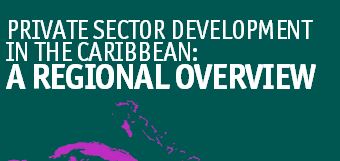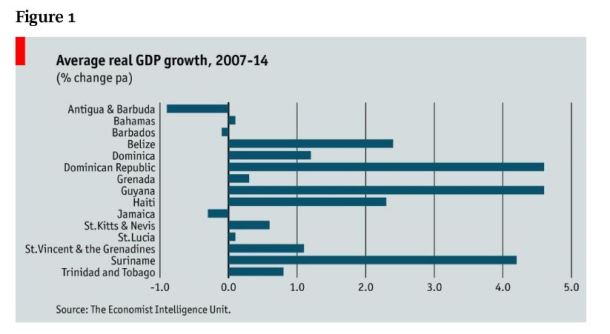 Alicia Nicholls The Economist Intelligence Unit recently released a report entitled “Private Sector Development in the Caribbean: A Regional Overview” commissioned by Compete Caribbean.
Alicia Nicholls The Economist Intelligence Unit recently released a report entitled “Private Sector Development in the Caribbean: A Regional Overview” commissioned by Compete Caribbean.
The report discusses private sector […] development
in the Caribbean region and is based primarily on the analysis in the Private Sector Assessment Reports (PSARs) on fourteen Caribbean countries which are available as separate reports.






The blogmaster invites you to join the discussion.